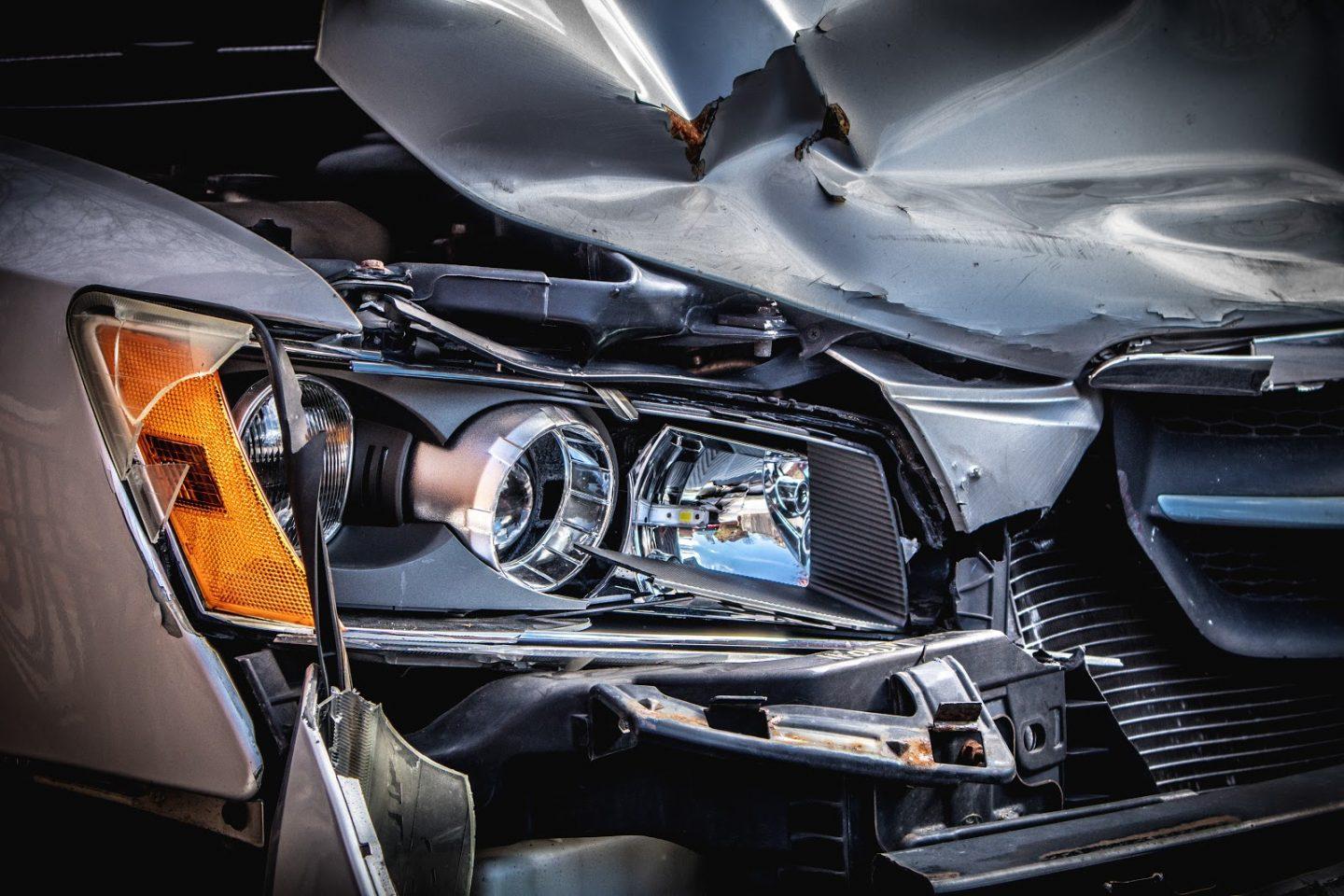
Full insurance coverage simply means buying more coverage than the minimum coverage required for each state. Although minimum coverage is a good choice that meets your basic car insurance needs, full or comprehensive coverage might be better, why is this true? Full coverage insurance covers all of the things, minimum coverage doesn’t.
Another good thing about full coverage insurance is that, if you have a car accident, it covers all of the expenses that it would cost to tow the truck, paint and trim it – make sure the paints are up to factory standard.
More so, there are other reasons why full coverage is valuable, it also covers hits and runs accidents that happen at parking lots and fire damage caused by an electrical circuit in your car, and so forth.
What’s full coverage insurance?
Full-coverage insurance simply means you have coverage for your car and other drivers. When you search and find out more about full coverage car insurance, you’ll know that it’s a combination of comprehensive insurance, liability insurance, and collision insurance. Collision and comprehensive insurance pay for damages on your car, while liability insurance pays for damages and injuries you inflict on others. Although full insurance coverage might be on the high side, it covers more issues than state minimum coverage.
Why Should I Pay For Full Coverage Car Insurance?
You should pay for full coverage car insurance for the following reasons;
- If you have a new and expensive car.
- If you have a lease or loan on your car, then it’s super important you pay for full coverage insurance because most lenders require comprehensive coverage insurance to protect their investments.
- You live in a very populated area, where you are at a high risk of having an accident.
- You don’t have the money to replace your car if it’s stolen, damaged, or totaled.
- If you live in a place where there are high car theft rates or you’re at a high risk of animal collision.
- Finally, if you live in a place with harsh weather conditions, then you should pay for full coverage.
What Are The Benefits Of Getting More Than State Minimum Coverage For Your Car?
Some great benefits come with full coverage car insurance, these benefits you can’t get when you pay minimum coverage for your car. Here are some of the benefits;

Full-coverage insurance pays to replace your car if it’s stolen and in some cases rent you a car if it’s stolen.
One benefit of getting full coverage automotive insurance is that if your car is stolen and not returned, it’ll be fully replaced. Also, you might even get a rental car for use as you report your stolen car. Although full coverage insurance only covers the value at the time it was stolen and the specified value by your plan.
Damages incurred as a result of a collision with animals on the road are fully paid for.
Just imagine you hit a deer while driving in the middle of a snowstorm, you not only have to think about the hurt deer, but you have to think of the cost of repairing or fixing your car. This is where comprehensive automotive coverage helps. It covers your passengers if you have any at the time of the accident, your car, the deer, and any other damages on anything you hit with your automobile. How is this not comprehensive insurance?
Your car will be replaced as a result of damages caused by the weather.
A golf ball-sized hail might leave your car dented and I’m betting minimum coverage insurance won’t cover this loss. But with full coverage insurance, every damage on your car as a result of harsh weather is fully paid for.
Lots of comprehensive automotive coverage policies cover flood damage.
The truth is; your car can be damaged as a result of a flood and this is considered totaled. Full coverage insurance covers all damages on your car caused by a flood. The National Flood Insurance Program claims that 20% of flood insurance claims come from areas considered low or moderate risk, this proves your car can be easily damaged by a flood. This is where full coverage insurance proves far more beneficial than state minimum coverage.
It covers fire damage.
If your car gets damaged by a fire accident, full coverage insurance will pay for a replacement. And as you may know, fire incidents can randomly occur on roadsides. So having a fill coverage typically covers your car damages incurred as a result of a fire accident.
Full coverage insurance also covers damages caused by vandalism or falling objects such as tree branches. It also covers drivers that are allowed to drive your car – in case they get injured. Even if the car was driven without your permission.
One thing you should know is that, if your car is old and doesn’t have much value, it might not be a wise decision to pay for full coverage. Full coverage is beneficial to those who own a brand-new car.
